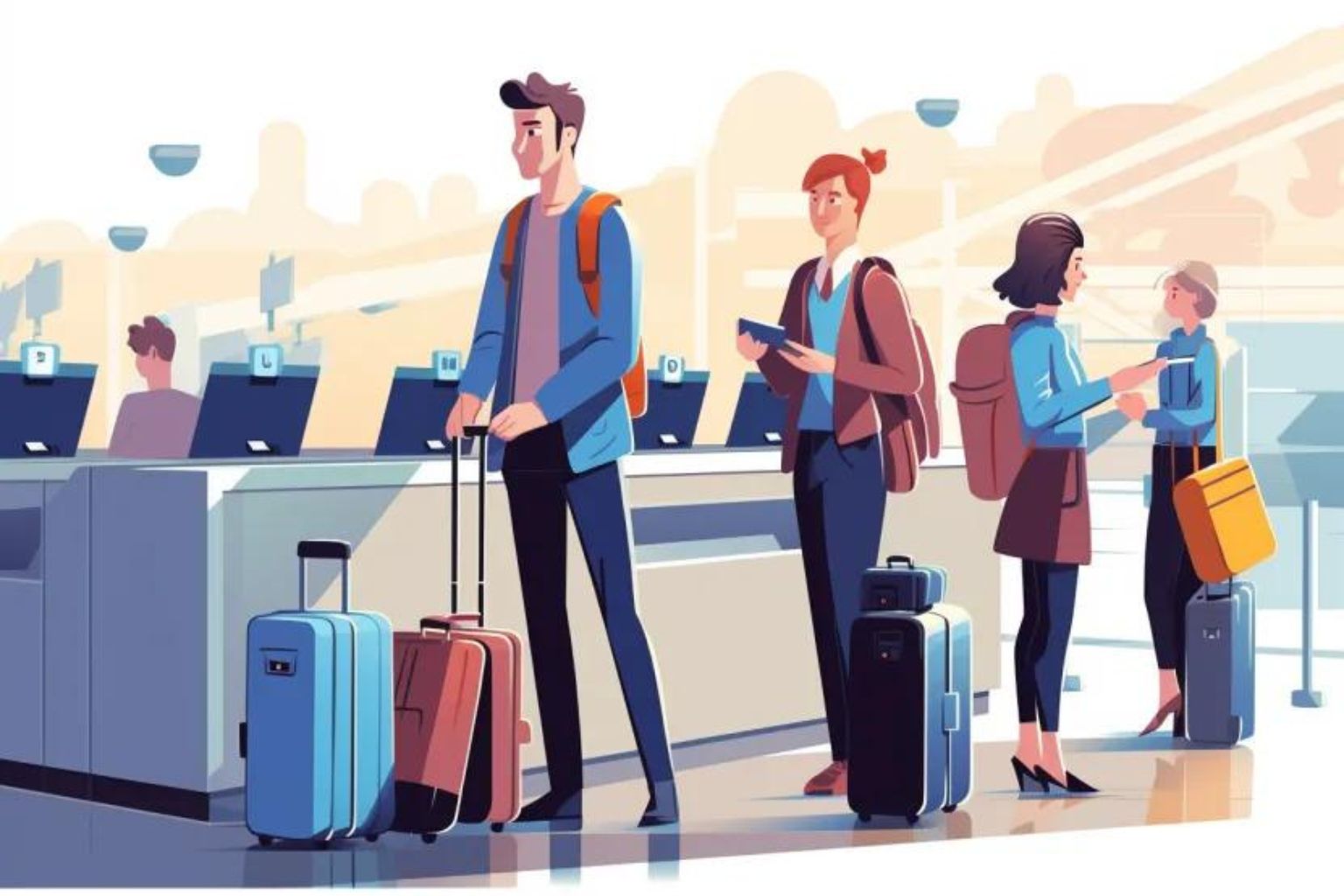When David Simon wanted to fly from Milwaukee to Fort Lauderdale, Fla., he assumed “low cost” airline Southwest would offer the lowest fare.
Then he did the math.
A roundtrip flight on Southwest – including two “free” bags – cost $334.
He checked US Airways’ fares. Even after he factored in $25 for the first checked bag, $35 for the second and $60 for a premium seat reservation, it still came to $227 – more than $100 less than Southwest.
“It’s a reason to hate when an airline says ‘bags fly free,’ says Simon, who is an occasional Southwest passenger and like other air travelers, automatically assumes a “low cost” carrier actually offers the lowest fares.
His experience – which, by the way, is hardly unusual – raises an interesting question: Are our assumptions about airfares all wrong?
Let’s get one misconception out of the way first. “Low cost” carriers were never really about fares; they were more about the airline’s own operating costs. Airlines that emerged after deregulation were inevitably labeled as “low cost” or “discount” due to their lower expenses compared to the “legacy” airlines that existed before deregulation.
Comparison shopping, especially with Southwest
Expensive machines that predict supply and demand, along with yield managers who consider factors beyond algorithmic capabilities, set fares. If an airline like Southwest is perceived to offer a better fare, it can often dictate its own ticket prices.
It helps that pretty much the only place you can buy a Southwest Airlines ticket is through Southwest.com, which makes a side-by-side comparison with a competitor difficult. Some bargain-hunters wouldn’t even bother to shop around.
Perhaps they should.
Lissa Hoeprich did when she was looking for flights to Portland, Maine. Usually she finds a cheap fare on Southwest to Manchester, NH, and then rents a car. But she says she was shocked when she discovered she could fly directly to Portland and save $140 on US Airways.
“We didn’t need to check luggage, but even if we had, that would have been much cheaper than the Southwest tickets,” she says.
“Low cost” claims in the air travel industry
At best, this is a cautionary tale about labels in the airline business. When anyone refers to themselves as “discount” or “low cost” – be careful. (And if they have the audacity to call themselves “ultra” low fare, be extra careful.)
Labels can be problematic, if not misleading, and just because you call yourself something doesn’t make it so. (Related: How to get the best airline service.)
But at worst, this is a case study of several airlines leveraging a well-earned reputation for low fares to their short-term advantage. I appreciate the “bags fly free” ads as much as the next airline passenger, and I’m equally fond of JetBlue’s stylish “you above all” advertising campaign that evokes the Pan Am era of air travel. (Here’s what you need to know before you buy your next airline ticket.)
But if those ads make us turn a blind eye to the true cost of air travel, where does that leave us? Paying higher fares, often without knowing it, that’s where.
I think that’s unfortunate.
I prefer to consciously pay a reasonable premium for the superior customer service provided by airlines like JetBlue and Southwest, rather than unknowingly paying more due to a clever advertising campaign. Or by my own ignorance.




